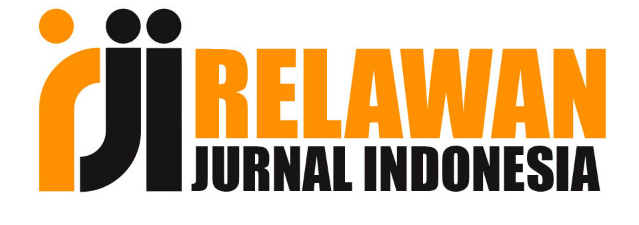Publication Ethics
Maharot: Journal of Islamic Education is a peer-reviewed journal that publishes bi-annually. This statement outlines the ethical conduct expected of all parties involved in the submission, review, and publication process, including authors, editors, peer reviewers, and Faculty of Tarbiyah, University of Al-Amien Prenduan as the publisher. These guidelines are based on the Committee on Publication Ethics (COPE) Best Practices Guidelines for Journal Editors.
Ethical Guidelines for Journal Publication
- The publication of a peer-reviewed article in MAHAROT: Journal of Islamic Education is a crucial step in advancing knowledge within the field of Islamic education. It reflects the quality of the author's work and the institutions that support it. Peer-reviewed articles uphold the scientific method and require adherence to ethical standards by all involved parties: authors, journal editors, peer reviewers, publishers, and the wider academic community.
- As the publisher of Maharot: Journal of Islamic Education, Faculty of Tarbiyah, University of Al-Amien Prenduan is committed to maintaining the highest ethical standards throughout the publication process. We ensure that advertising, reprint revenue, or other commercial factors do not influence editorial decisions.
Publication Decisions
The editors of Maharot: Journal of Islamic Education are responsible for determining which submitted articles are suitable for publication. Decisions are based on the quality of the work, its significance to researchers and readers, and adherence to the journal's editorial policies and legal requirements related to libel, copyright infringement, and plagiarism. The editors may consult with other editors or reviewers to make informed decisions.
Fairness
Editors evaluate manuscripts solely on their intellectual merit, disregarding any personal attributes of the authors, including race, gender, sexual orientation, religious belief, ethnic origin, citizenship, or political philosophy.
Confidentiality
Editors and editorial staff must maintain confidentiality regarding submitted manuscripts, disclosing information only to the corresponding author, reviewers, potential reviewers, other editorial advisers, and the publisher as necessary.
Disclosure and Conflicts of Interest
Unpublished materials disclosed in a submitted manuscript cannot be used by editors for their own research without explicit written consent from the author.
Duties of Reviewers
- Maharot: Journal of Islamic Education employs a double-blind review process. Peer reviewers assist editors in making editorial decisions and provide feedback to authors to improve the quality of their manuscripts.
- Reviewers who feel unqualified to assess a manuscript should notify the editor and excuse themselves from the review process. The editor will assign the manuscript to another reviewer.
- Manuscripts received for review must be treated as confidential documents and not shared or discussed with others without authorization from the editor.
- Reviewers should be conducted objectively, avoiding personal criticism of the author. Referees should express their views clearly and provide supporting arguments.
- Reviewers should identify relevant published work that has not been cited by the authors and point out any substantial similarities or overlaps between the manuscript under review and other published papers.
- Reviewers must maintain confidentiality of privileged information or ideas obtained through the review process and avoid conflicts of interest that may arise from competitive, collaborative, or other relationships with the authors, companies, or institutions connected to the papers.
Duties of Authors
- Authors should present an accurate and objective account of their work, including underlying data, and provide sufficient detail and references to enable others to replicate the research. Fraudulent or inaccurate statements are unacceptable.
- Authors must ensure that their work is original and properly cite any borrowed material.
- Authors should not submit the same manuscript to multiple journals concurrently.
- Proper acknowledgment of the work of others is essential. Authors should cite publications that have influenced their research.
- Authorship should be limited to those who have made significant contributions to the manuscript. All co-authors should have seen and approved the final version of the paper and agreed to its submission.
- Authors should disclose any financial or other conflicts of interest that may influence the results or interpretation of their manuscript.
- If an author discovers a significant error or inaccuracy in their published work, they are obligated to promptly notify the journal editor and cooperate in retracting or correcting the paper.






